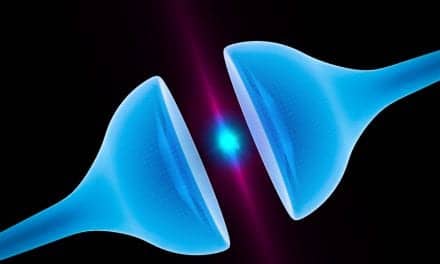Harmony Biosciences Holdings Inc has enrolled the first patient in a phase 2 trial evaluating the safety and efficacy of pitolisant for the treatment of excessive daytime sleepiness (EDS) and other key symptoms in patients with Prader-Willi Syndrome (PWS).
“We view pitolisant as a portfolio in a product opportunity and are taking a mechanism-based approach to drug development in managing its life cycle with the goal of expanding its clinical utility,” says Harmony’s chief medical officer, Jeffrey Dayno, MD, in a release. “We believe pitolisant could offer an important therapeutic benefit in people living with PWS based on preclinical models of the disorder, pitolisant’s demonstrated efficacy in improving EDS in patients with narcolepsy, and anecdotal evidence in patients with PWS. We look forward to continuing our collaboration with the Foundation for Prader-Willi Research, the Prader-Willi Syndrome Association USA, and the patient and family community as we advance our development program in order to help address this unmet medical need.”
[RELATED: WAKIX Gets Additional FDA Approval—for Cataplexy]
Prader-Willi Syndrome is a genetic orphan/rare neurological disorder with many of the symptoms resulting from hypothalamic dysfunction. The hypothalamus is the part of the brain that controls both sleep-wake state stability and signals that mediate the balance between hunger and satiety. The hypothalamic dysfunction in patients with PWS results in two of the main symptoms of the disorder: excessive daytime sleepiness and hyperphagia (an abnormally increased appetite for and consumption of food). Other features include low muscle tone, short stature, behavioral problems, and cognitive impairment. Approximately 15,000 to 20,000 people in the United States live with PWS, and over half of them experience excessive daytime sleepiness.
“We support and encourage research that can potentially help reduce the symptom burden for children and adults living with PWS. We are grateful that Harmony is studying pitolisant in a clinical trial, which may bring us one step closer to finding an important therapeutic advancement,” says John Walter, CEO of the Foundation for Prader-Willi Research and Paige Rivard, CEO of the Prader-Willi Syndrome Association USA, in a joint statement.
The phase 2 clinical trial is a randomized, double-blind, placebo-controlled study designed to assess the safety and efficacy of pitolisant in patients with PWS ages 6 to 65. An estimated 60 to 70 patients will be enrolled at approximately 10 sites across the United States. Patients will be randomized to receive one of two doses of pitolisant or placebo for eight weeks of stable dosing following a three-week titration period. The trial’s primary objective is to assess improvement in EDS as measured by the multiple sleep latency test. Topline results are anticipated in the first half of 2022. Patients who complete the trial will be eligible to participate in an open-label extension phase to assess the long-term safety and effectiveness of pitolisant.
“I have seen first-hand the debilitating effects this rare disease can have on patients with Prader-Willi Syndrome,” says Daniel Glaze, MD, from Baylor College of Medicine and Texas Children’s Hospital, and investigator in the Phase 2 clinical trial, in a release. “Excessive daytime sleepiness is more common in patients with PWS than previously appreciated and results in significant impact on daily functioning. In addition, EDS has not been studied in clinical trials to date in patients with PWS. I look forward to participating in this trial to assess the effect of pitolisant on EDS and other related symptoms.”
Pitolisant is marketed as WAKIX in the United States for the treatment of EDS or cataplexy in adult patients with narcolepsy.




